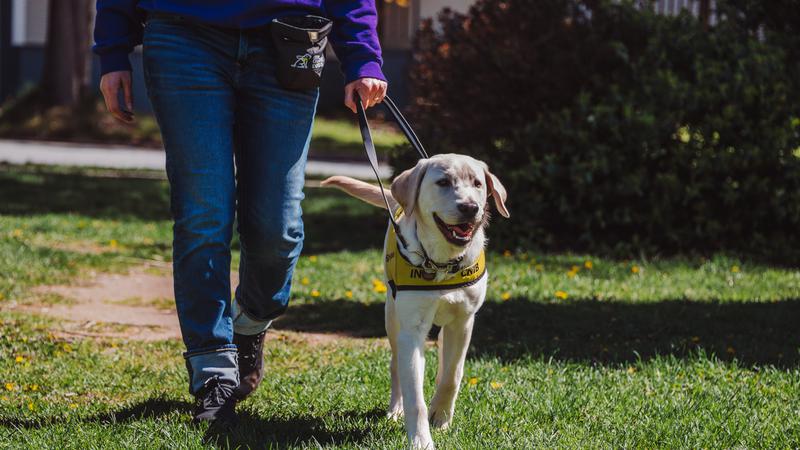
High temps with wind changes don’t bode well for fire situation
Even with the addition of hundreds of Type 3 firefighters from Canada’s armed forces, the Saskatchewan Public Safety Agency is on edge in the face of five days of 30-degree weather coming.
SPSA Vice President of Operations, Steve Roberts spoke to media along with Lieutenant Colonel Jason Hudson of the Canadian Armed Forces about the current situation.
“Plus 30 weather is going to cause the fire behaviour to grow,” Roberts said. “The concern will be the wind that comes with it. High winds will be problematic because the fires will move rapidly.”
It was that kind of weather that led to the burning of Denare Beach and other properties in June. Shifting winds that change the fire’s direction are also a concern.


